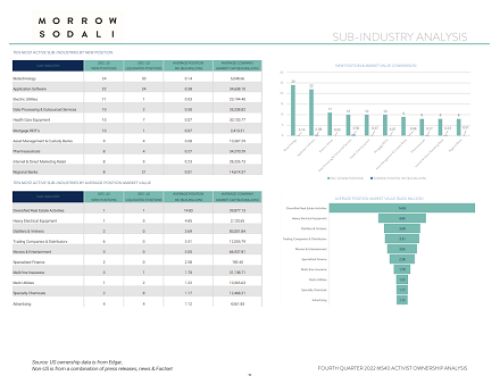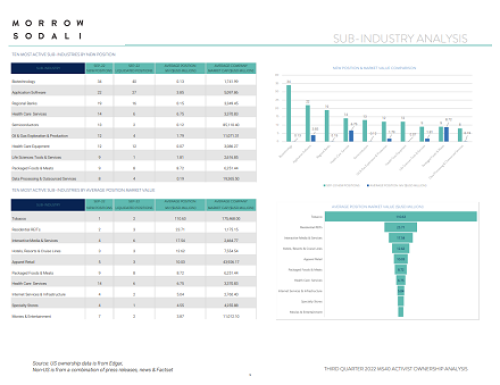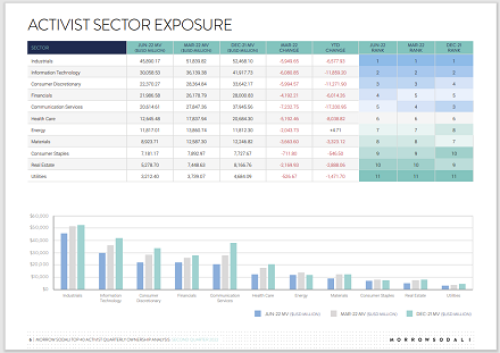Krishna Veeraraghavan, partner in the corporate department at Paul Weiss Rifkind Wharton & Garrison, US
It starts with contacting your key personnel and advisers and evaluating the activist and the situation – who the activist is, what its ownership position is or might be in shares or derivatives, what its typical behavior is and what its likely investment theses are. Also critical at that time is where the company is in its annual meeting calendar and – specifically – whether the director nomination deadline has recently passed or is fast approaching. An activist’s most important tool is being able to nominate directors and run a proxy fight at the annual meeting, so an upcoming nomination deadline may signal a more urgent situation, whereas the company and its advisers may breathe a little more easily if the deadline is in the rearview mirror.
The company and outside adviser teams should get together immediately to jointly assess the situation. The IR and corporate secretary teams will be important in this process because they have frequent contact with investors, know what issues have been raised and may be able to read between the lines in terms of investor sentiment. What happens next will be determined based on the specifics – there is a wide range of possible next steps. But without question it is imperative for management to keep the board of directors informed early and often and to take its direction every step of the way.
Frank Aquila, partner at Sullivan & Cromwell, US
Don't over-react. Convene your team, both internal people and key advisers. Learn everything you can about the activist investor and how it is likely to act based on how it has acted in similar situations in the past. Brief your board and ensure the company is speaking with one voice. Recognize that activist investors are well prepared and conduct extensive research before making a significant investment. If the activist investor presents a proposal, listen and be open. Do not be defensive or give the activist sound bites that it can use against you in a proxy contest.
Most importantly, the company’s message needs to be clear and well understood by your shareholders, the analysts and the financial media. Be sure to communicate the company’s strategy and prospects. Your shareholders need to understand the company’s vision for growth, current and future value drivers and capital allocation. If the company’s message is credible, consistent and transparent, your shareholders will be more likely to support you in the face of an activist investor campaign.
Tom Matthews, partner at White & Case, UK
1. Seek to understand the activist’s intentions. Think ‘engage’ not ‘defend’ – at least initially. Do not provide immediate responses to the activist’s proposals: discuss with your legal and financial advisers first. Consider whether a negotiated arrangement is more pragmatic than a public battle. If the activist is seeking a board seat, draft an appropriate relationship agreement.
2. Communicate clearly. Consider whether to prepare a PR campaign and appoint a suitably experienced PR agency. Ensure all public statements are factually accurate and verified, without defaming the activist. Engage with your other key shareholders. If the activist requests you to circulate anything to your shareholders, draft appropriate responses.
3. Make use of all available legal tools. Serve a section 793 notice: depending on the response received, consider whether disenfranchising the activist is desirable. Scrutinize any notices of requisition for process or timing deficiencies. Using the Takeover Code and Listing Rules, challenge shareholders acting together.
This article originally appeared in the Summer 2022 issue of IR Magazine.










